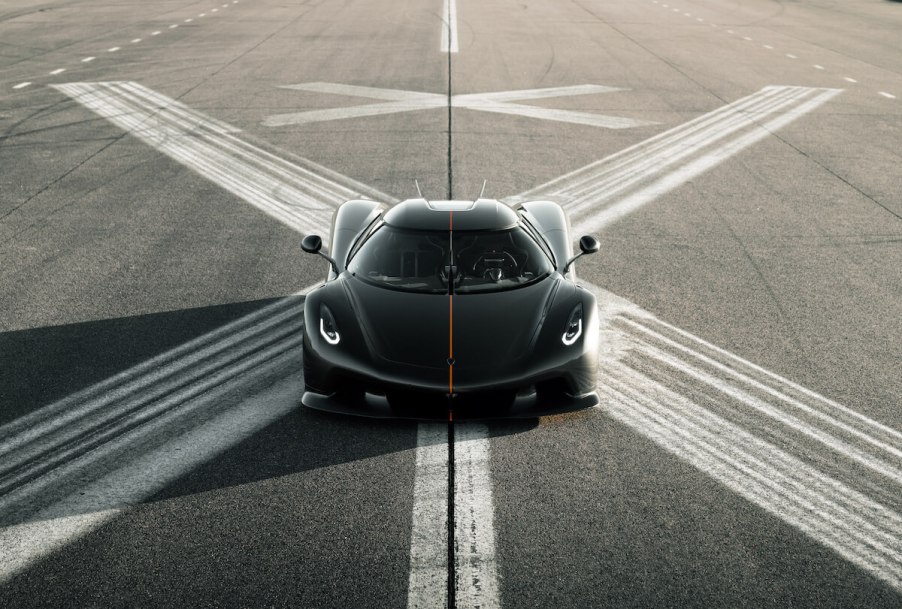
Koenigsegg Spends Over Half Its Budget to Make Its Cars Road Legal
Koenigsegg, the renowned Swedish hypercar manufacturer, has a reputation for pushing the boundaries of automotive engineering and performance. However, many people may not realize the extraordinary effort and investment the company makes to ensure its high-performance machines are road legal. The brand’s commitment to meeting the stringent regulations of various countries worldwide is a testament to its dedication. In fact, recent reports suggest that Koenigsegg spends over half of its budget solely on homologating its street-legal vehicles.
Koenigsegg homologation and safety

Homologation refers to certifying that a vehicle complies with the government authorities’ safety, emissions, and performance standards. For an automaker like Koenigsegg, whose vehicles boast extreme power outputs and cutting-edge technologies, achieving road legality can be daunting. Each country has its regulations, making the homologation process complex and time-consuming.
Safety is of paramount importance when it comes to homologation. As a result, Koenigsegg vehicles undergo extensive crash testing to ensure they meet stringent safety standards. This involves subjecting the cars to various impact scenarios and analyzing the results meticulously. The brand’s commitment to safety is evident in its dedication to incorporating advanced safety features into its hypercars, including active aerodynamics, high-performance brakes, and robust chassis designs.
What does Koenigsegg due to reduce emissions?

Emissions regulations have become progressively stricter with increasing global concern for the environment. Koenigsegg faces the challenge of developing powerful and exhilarating hypercars while complying with stringent emissions standards. The company invests significant resources in research and development to implement technologies that reduce emissions without compromising performance. Its pioneering efforts in hybrid powertrains, such as the Koenigsegg Regera’s plug-in hybrid system, demonstrate its commitment to sustainability.
One of the most significant challenges in homologation is adapting to the diverse regulations across different regions. The brand’s global customer base demands that its cars be road legal in multiple countries. This requires meticulous attention to detail to ensure that each vehicle complies with the specific regulations of the target market. Whether it’s modifying exhaust systems, updating lighting configurations, or adjusting ride heights, Koenigsegg engineers invest considerable time and resources to meet the requirements of each region.
Koenigsegg is committed to being the best
Koenigsegg’s commitment to homologation goes hand in hand with its relentless pursuit of innovation. The company’s investment in cutting-edge technologies and materials, such as carbon fiber and lightweight components, contributes to the overall cost of the homologation process. Apex One on Youtube spoke with David Tugas the homologation manager for the company back in 2018. David is the only guy at the company who oversees the homologation process.
In addition, the financial commitment to meet regulatory requirements and incorporate advanced safety and emission technologies is a substantial portion of the brand’s budget. Moreover, it underscores its unwavering dedication to delivering road-legal hypercars without compromising performance.
Is Koenigsegg the best hypercar manufacturer?
Koenigsegg’s relentless pursuit of excellence extends beyond exceptional engineering hypercars. It encompasses the arduous process of making these high-performance machines road legal. Koenigsegg showcases its unwavering dedication by allocating over half of its budget to homologation efforts. This commitment ensures that Koenigsegg owners can experience the thrill of driving these extraordinary vehicles on public roads. Meanwhile, it highlights the brand’s continuous pursuit of being the best hypercar manufacturer.


